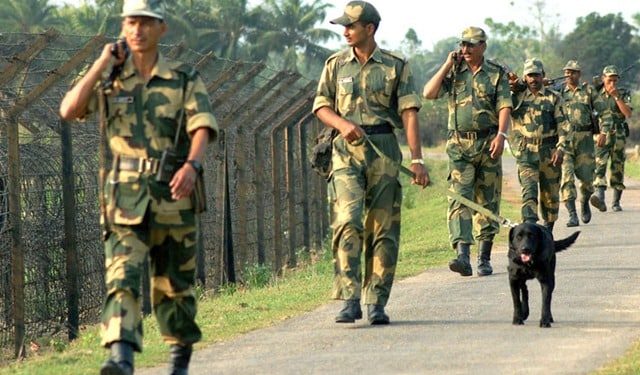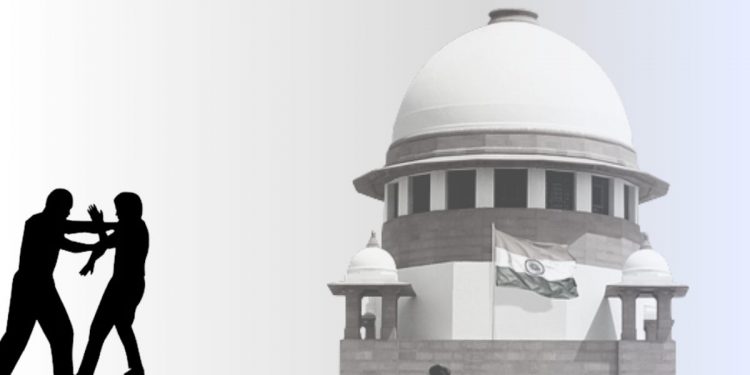Indian Diplomacy in Afghanistan – Hoist on its own petard
1 September 2021
Think piece 3 on Afghanistan – Can be freely used with due credit to SAHRDC
The Indian Express of 30 August 2021 mentions that 260 Indians are still stranded in Kabul. Representatives of Indian NGOs from the health, education and medical sectors have informed SAHRDC that over a 100 of them are NGO workers. Most of them have little money to buy even the bare necessities. Banks in Kabul opened a few days ago. Each account holder is allowed to withdraw small amounts. Most of the Indian NGO staff is resigned to losing their savings from their employment in Afghanistan.
…
Indian Diplomacy in Afghanistan – Hoist on its own petardRead More »
Afghanistan- A tragedy foretold – The setting of the Card table with cardsharps all around
25 August 2021
SAHRDC Think Piece 2 on Afghanistan (May be freely reproduced with due credit to SAHRDC)
The mythological yarns of Hinduism are many splendoured. They make for many hours of wonderful reading. They also attest to the fertility of the Hindu imagination more than any sound historical record. The revanchist Hindutva supporter who dreams of an ‘Akhand Bharat’, or ‘Greater India’, would like us to believe that the Gandhara kingdom mentioned in the great Indian epics of the Mahabharata and Ramayana comprises most of what was part of Pakistan’s North West Frontier province, now called Khyber Pakhtunwa, along with modern day Eastern Afghanistan.
…
No milk of human kindness for Afghans or refugees – The Hindutva government’s stone hearted self-defeating Afghan policy
SAHRDC Think Piece 1 on Afghanistan: May be freely reproduced with due credit to SAHRDC
20 August 2021
The cussedness of a Hindutva-based policy taking precedence over humanitarian or even geopolitical considerations, implicit in the statement of the Ministry of External Affairs on 16 August 2021, takes one’s breath away.
“We have been issuing periodic advisories for the safety and security of Indian nationals in that country, including calling for their immediate return to India… We had circulated emergency contact numbers and had also been extending assistance to community members,” the MEA spokesperson said.
…
Refreshing divergence from judicial deference – Delhi High Court sets the bar on granting bail under the UAPA
SAHRDC Backgrounder[1] 10 August 2021
On 15 June 2021, a two judge bench of the Delhi High Court composed of Justices Siddharth Mridul and Anup Jairam Bhambani issued orders granting bail to three student activists charged under the Unlawful Activities (Prevention) Act (UAPA). The students – Ms Natasha Narwal, Ms Devangana Kalita, both members of Pinjra Tod[2], a Delhi women’s rights organization and Mr Asif Iqbal Tanha[3], had been charged under UAPA for “instigat[ing] the local population in certain Muslim dominated areas of Delhi, particularly women, and incit[ing] in them feelings of persecution, which subsequently led to violence and rioting”.[4]
…




